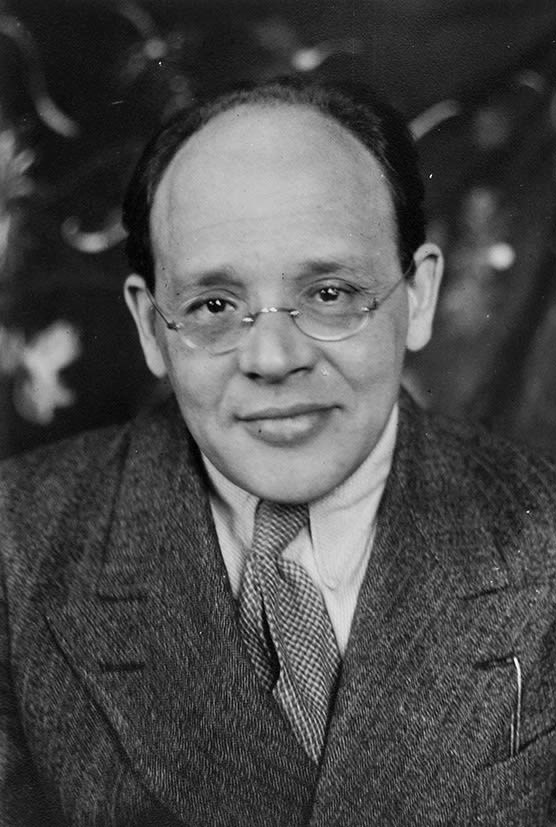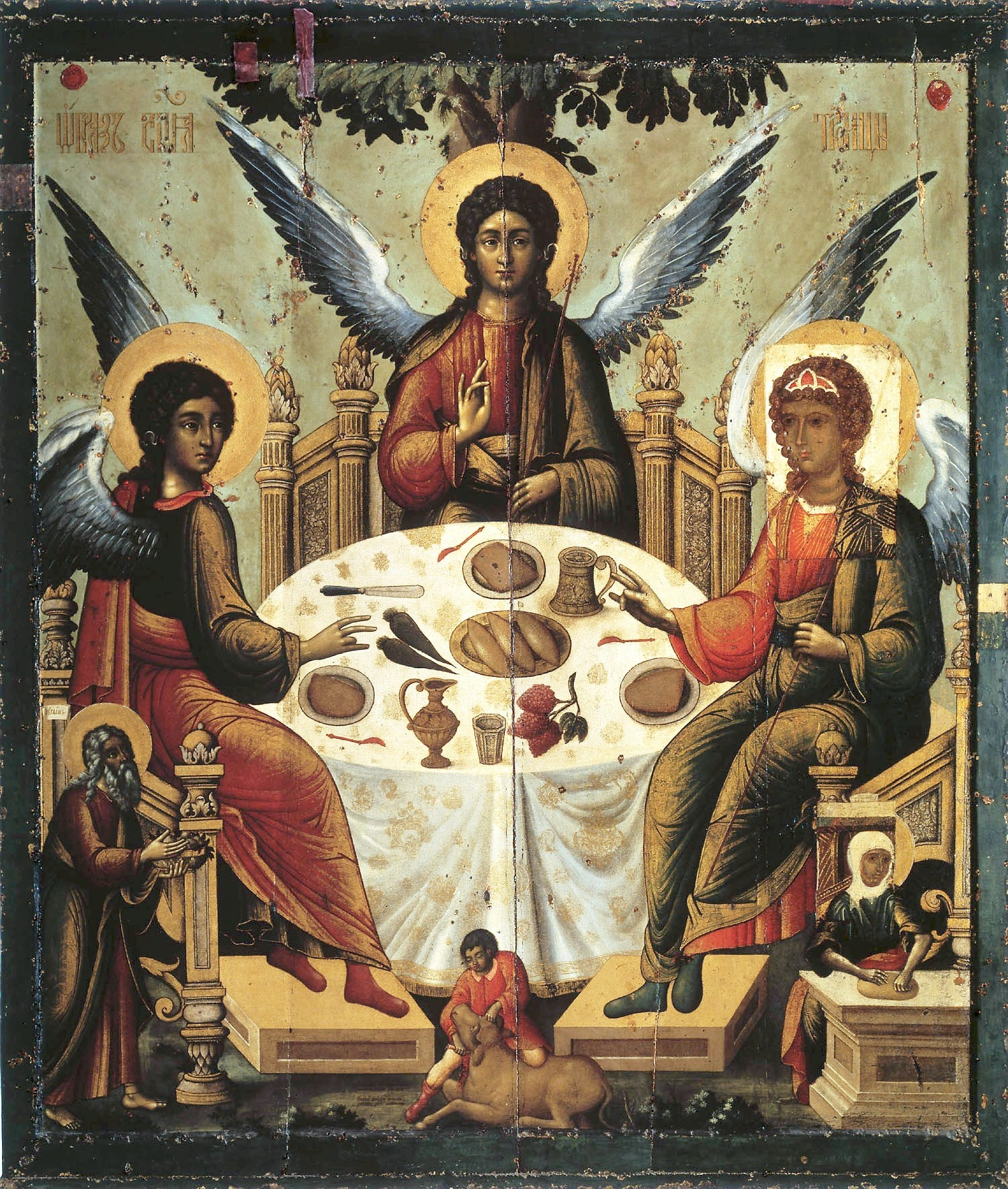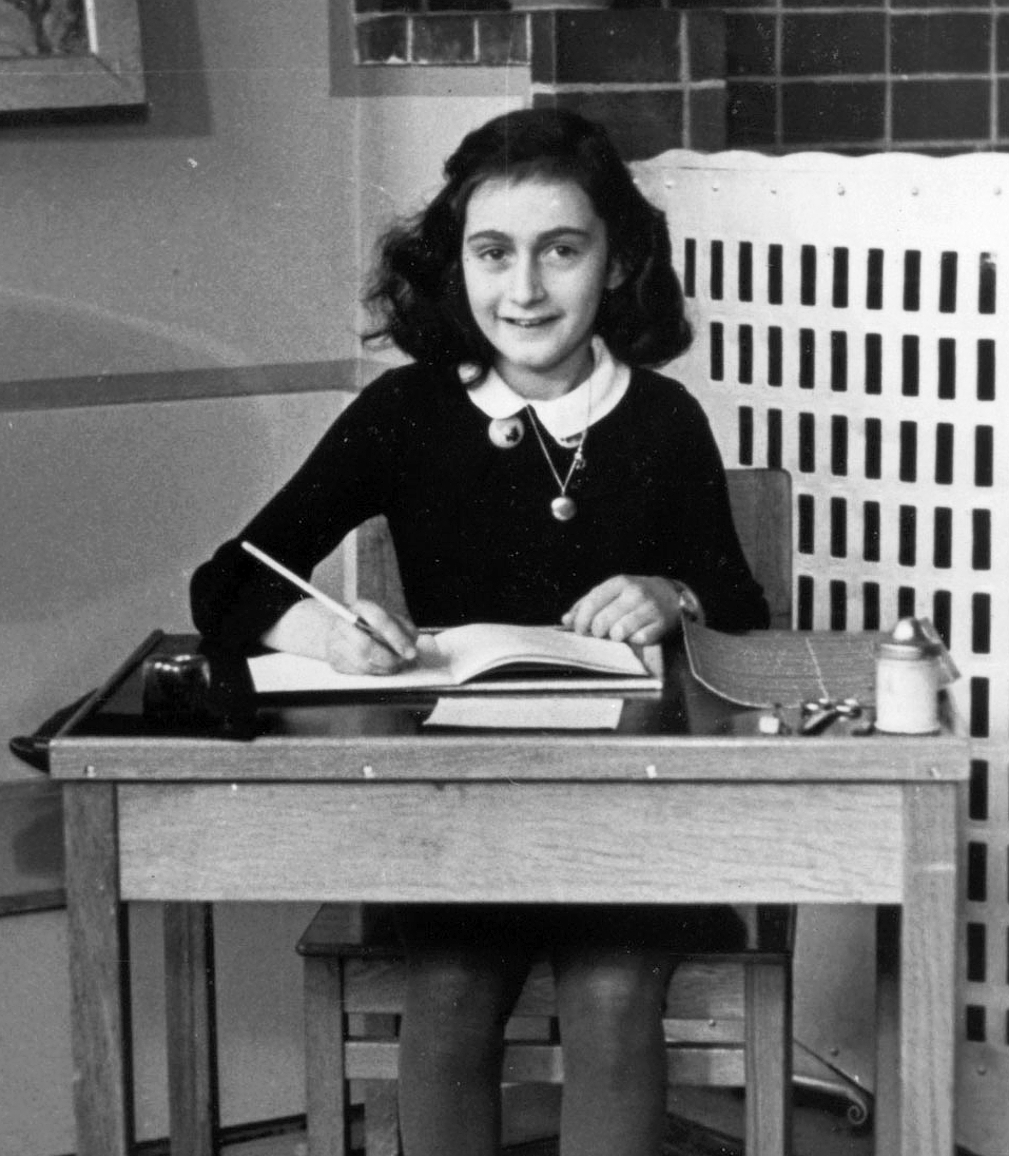This is my translation of “Crossing the Zbruch” by Isaac Babel. It is the first story in Konarmiia, or Red Army Cavalry, a collection of his stories on the Polish-Soviet war in the early 1920s. In other translations it has been rendered as “Crossing the River Zbrucz”. Following the text there are a few comments on the meaning of the piece.
Crossing the Zbruch
The leader of the sixth division had announced that Novograd-Volynsk was taken this morning at dawn. The headquarters moved out of Krapivo and our convoy, a noisy rear-guard, spread itself out along the highway that runs from Brest to Warsaw and was built on the bones of countless peasants by Nicholas I.
Fields of purple poppies flower around us, the midday wind plays in the yellowy rye, and on the horizon the virgin buckwheat rises like the wall of a distant monastery. The quiet Volyn river bends, she flows away from us into the pearly fog of birch groves, she creeps among the flowery little hills, and with weakening strength she gets lost in the thickets of hops. The orange sun rolls across the sky like a head after a beheading, and a tender light illuminates the canyons in the clouds, as above our heads our unit’s standards blow in the sunset. The smells of yesterday’s bloodletting and dead horses drip into the evening coolness.
The Zbruch, now grown black, sloshes and twists the foamy loops of her rapids. The bridges have been destroyed so we have to fjord the river. A majestic moon lies on the waves. The horses, end to end, enter the water, its noisy currents trickling between a hundred horses’ legs. Someone goes under and loudly curses the Virgin Mary. The river is strewn with the black squares of carts; she is filled with murmurs, whistles and songs, rumbling above the lunar shapes and shining depths.
Late at night we arrive in Novograd. I find a pregnant woman in the flat that I’ve been allocated, and two ginger Jews with thin necks; a third is asleep, hiding his head and lying close to the wall. I find a looted cupboard in the flat I’ve been allocated, and on the floor scraps of women’s coats, human shit, and shards of pottery from the special crockery used by Jews once a year – at Passover.
“Clean it up.” I say to the woman. “How can you live in such filth, and when it’s your own home too…”
The two male Jews get up from their spot. They jump onto their felt soles and clean up the pottery from the floor; they jump around in silence, like apes, like Japs in the circus, their necks swelling and twisting as they go. They place a scruffy feather bed on the floor, and I lie towards the wall, right by the third, still sleeping, Jew. A timid poverty closes in around my pillow.
Everything is dead with silence, and only the moon, with the blue arms of night wrapped around its shining, carefree head, wanders above the window.
I loosen up my numb legs; I lie on the scruffy bed and fall asleep. The leader of the sixth division comes to me in a dream. He is on a heavy stallion and chasing after the leader of the brigade, and then he places two bullets into the other’s eyes. The bullets make holes in the brigade leader’s head, and both his eyes fall to the ground. “Why have you turned the brigade around?” Savitsky, leader of the sixth division, shouts at the wounded man… And there I awake, because the pregnant woman is groping at my face with her fingers.
“Sir,” She says to me. “You’re shouting in your sleep and throwing yourself around. I’ll make your bed up in the other corner, because here you are kicking my dear father…”
She picks up her thin legs and round belly from the floor and takes the blanket off the sleeping man. It is a dead old man that lies there, thrown onto his back. His throat has been torn out, his face is chopped in half, and dark blue blood lies in his beard, like a piece of lead.
“Sir,” the Jew says as she shakes out the feather bed. “The Poles cut him down, and he begged them: kill me in the yard outside in the dark, so that my daughter doesn’t have to see me die. But they did what they thought was necessary – he died in this room, thinking of me… and now I want to know,” said the woman suddenly, and with a terrible strength, “I want to know where else on the whole earth you might find another such father as my own…”
Commentary
The River: Border and Baptism
“Crossing the Zbruch” has also been translated as “Crossing the River Zbrucz”, and this is a good place to start when considering what exactly we can get out of the text. The river Zbruch is a river running in Western Ukraine, which at the time of Red Army Cavalry was part of Poland. For that reason, the title can use either the Polish name of the river, or the Russian/Ukrainian one. I chose the second primarily because that’s what is the case in the original, but in using the former option the sense of strangeness, of non-Russianness is heightened. Either way, we are moving, just as the Russians of the story do, from a familiar world into an alien one, both ideologically and culturally. Poland was a democratic country in the 1920s, and Western Ukraine contains a large number of Jews and Catholics compared to the East.

The image of the river as a border has a long history. The Styx comes to mind, and the images of death as the army crosses, such as the dead horses, give this suggestion a particular resonance here. A river marks a division, and divisions are central to Red Army Cavalry as a whole. Partially they are cultural divides – between the old world and its culture as seen predominantly in the Jewish characters, and the new world of the Cossacks – but there are also divides between night and day, fathers and mothers, and plenty more besides. Entering the water also denotes baptism, made more obvious by the full immersion of one of the soldiers (who then curses the Virgin Mary in a reversal of the sacredness of the baptismal act).
Ambiguous Descriptions
What we have is a profane crossing and an entry into the unknown. The suggestion that the Soviets were in some way fulfilling a divine (or at the very least a fated – think Marx’s conception of historical development) role would have been welcomed in Soviet literature in the 1920s, but Babel undermines the purity of the idea by corrupting the Christian image. This is one of the ways he works in Red Army Cavalry – no image or idea is permitted without being questioned simultaneously. Indeed, one of the main metaphors employed by Babel in the collection is the idea of “rot” or “mould” – at the centre of what we take to be perfect there is a hostile element. Another example of this in “Crossing the Zbruch” is the standards. Though they suggest military glory, they are tainted by their association with the horrific decapitated head of the sunset.
A Divided Narrator: Misanthropy and Poetry
The narrator, who we learn later on in Red Army Cavalry is called Liutov, also seems uncertain in his role. We go from the formal language of the first paragraph into the lyrical second paragraph, and then back round again. The poetic beauty of the landscape is stressed, but then suddenly its horrors come to the fore. I take the image of the decapitated head to mean that it is impossible, even as you try to focus on the splendour of the natural world, to escape the violence and destruction that penetrates it throughout – even the sky is not safe from blood.
Liutov arrives at the flat he has been allocated, and here the main action of the story takes place. After the dream-time earlier on, where each paragraph seems to move at breakneck speed, here everything slows down. The formal tone returns as Liutov repeats the phrase “I’ve been allocated”, as if he is trying to take responsibility away from himself for what he sees and place it onto his superiors. The initial scene is dreadful, with only the image of the moon providing a sense that there is a better world out there. A sense of misanthropy permeates Liutov’s interactions with the Jewish inhabitants of the flat. He calls them “apes”, and when he describes the pregnant woman she seems to be a body before she is a human being – the image of her picking up her own body from the floor is particularly repellent.
Heroisms
But even here there is a tension. Liutov’s hostility towards the Jews is countered by his own Jewish nature, which is at this point only hinted at through his recognition of the Passover crockery. And even as he tries to order the other inhabitants of the flat around, his own nightmare makes his apparent confidence and leadership seem very much feigned, or at least unnatural. This is then contrasted with the pregnant woman. Her very nature as someone pregnant in a warzone suggests great suffering and asks questions about how she became so.
But instead of cowering away, she alone of the other characters is given a voice to express herself, and she does so at length and with self-assurance. This is in sharp contrast to Liutov’s speech, which is marked by the uncertainty of its closing ellipsis. She has experienced death – just as we, seeing her father’s body described in grim and unusual detail, have too – and for that she has come out stronger. Her own speech ends the story, and the message of her words is ultimately a positive one, stressing love for her father and also praise for his heroism. Her language, memorialising her father’s memory within the story, defends heroic death over cowardice, even as his body repels us. In Red Army Cavalry we see time and again that language’s power is transformative, giving us protection against the hostile world around us. It makes the woman herself a hero.
Conclusion
“Crossing the Zbruch” is the first story in Red Army Cavalry and it sets out immediately the main thematic currents of the collection. The nature of suffering and heroism in the form of the woman and her father, the dehumanising effects of war through the other Jews, and also the counterpoint to all this, the glorious loud and boisterous army – all are given attention. Key to the representation of all of these themes is Babel’s lack of judgement about them – the story, after all, ends with the woman’s words, not the narrator’s. As a result, the reader is forced to consider for themselves what they think the woman’s speech means – should we find it uplifting, or is horror a more sensible reaction? It is also important that images are always undermined, such as the connection between beauty and blood, and water and a distorted baptism.

Nothing is ever clear in Babel’s world. The challenge of finding one’s way in the new and tragically flawed ideology of the Soviet Union makes itself manifest in the competing impulses of the narrator of Red Army Cavalry and the collection’s world. But these confusions were present in Babel’s own life too, and his death in 1940 at the hands of the secret police. We have to make up our own minds here instead of going in with our opinions already iron-cast, and repeated readings of Red Army Cavalry only give more food for thought. The intelligence of Babel’s stories, and their ambiguity, is something that I hope is captured here in my translation of this one.
For my essay on Red Army Cavalry as a whole, look here. Another Soviet writer whose attitude towards the new state was dangerously ambiguous is Andrei Platonov – see my review of his Soul and Other Stories here. For more Russian translations, check out my work on a Tolstoy short story here, or some Leskov here.
Picture of the Zbruch by Arts at pl.wikipedia [CC BY-SA 3.0 (http://creativecommons.org/licenses/by-sa/3.0/)]; Picture of Babel after being arrested is in the public domain.







